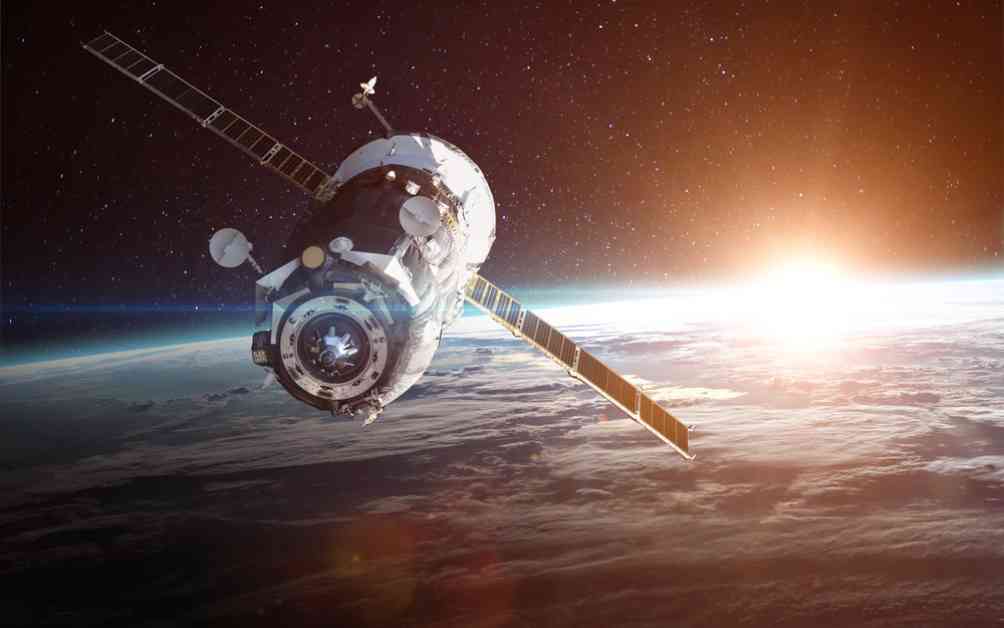Space systems like GPS are essential for our daily lives, but they are vulnerable to cyberattacks. These attacks have been happening since the 1980s, but the public only woke up to the threat a couple of years ago. For example, just before Russia invaded Ukraine in 2022, they hacked Viasat’s satellite internet services to disrupt communication and cause chaos.
Space plays a crucial role in our lives, from GPS for navigation to weather forecasting and disaster response. Losing these services could be catastrophic for those vulnerable to natural disasters and could also impact global security and economics. Factors like the increasing congestion in space and the difficulty of upgrading hardware once launched make space systems attractive targets for cyberattacks.
To address this threat, experts have developed a taxonomy called the ICARUS matrix, which can generate over 4 million unique scenarios for space cyberattacks. These scenarios range from sabotaging 3D printers on space stations to manipulating data from planetary probes to create false information.
By exploring these scenarios, we can better understand the risks and challenges posed by space cyberattacks. Crafting these stories can help raise awareness about the invisible threat of cyberattacks in space and highlight the need for interdisciplinary collaboration to address these challenges effectively.






